During the course of the project, we have collected data related to the folk groups’ artistic practice including both fieldwork documentation used by the groups in creating their repertoire (e.g. music scores, song lyrics, choreography, costume designs and photos) and multimedia content that documents their activities (e.g. photos and video recordings of performances and rehearsals). Both types of content are an important element of the intangible cultural heritage and as such should be findable, accessible, interoperable and reusable by humans and machines. In short they should be FAIR.
FAIR principles were the main theme of this year’s DLfM (Digital Libraries for Musicology) conference. More specifically, the topics discussed were associated to making data – but also tools and services – findable, accessible, interoperable and reusable. The FolkArtiNet project and the preliminary results of the analysis of the collected data in the context of FAIR were presented to the conference participants in the form of a poster.

Ewa Łukasik Ph.D. presents FolkArtiNet poster in the Municipal Library in Prague.
Our study indicated that content related to the folk groups’ artistic practice is rarely stored in trustworthy repositories and published online for rediscovery (with exception of multimedia content published on Facebook and YouTube), for a number of reasons. First, artists are not aware of the existing technical solutions that could facilitate more structured online storing and sharing. Second, available applications and services do not meet expectations either because they lack some crucial features or they are not yet matured or they are not affordable by the groups due to limited financial means. Third, there is a lack of long term strategy for preserving accumulated digital assets. Fourth, there is not enough manpower and technical skillset required to manage digital resources since most of the folk groups rely on voluntary membership. Finally, there is no awareness of GO FAIR initiative, especially of its pillars: GO CHANGE focusing on socio-cultural changes and GO BUILD with a focus on technical standards, best practices and infrastructure components needed to implement the FAIR principles.
FolkArtiNet was presented during DARIAH Annual Event in Athens, Greece on June 3, 2022.
The topic of the conference was Storytelling and the power of storytelling in the arts and humanities. A special DARIAH Theme Panel session was organized for the presentation of the projects funded through the DARIAH Theme call 2020/2021.
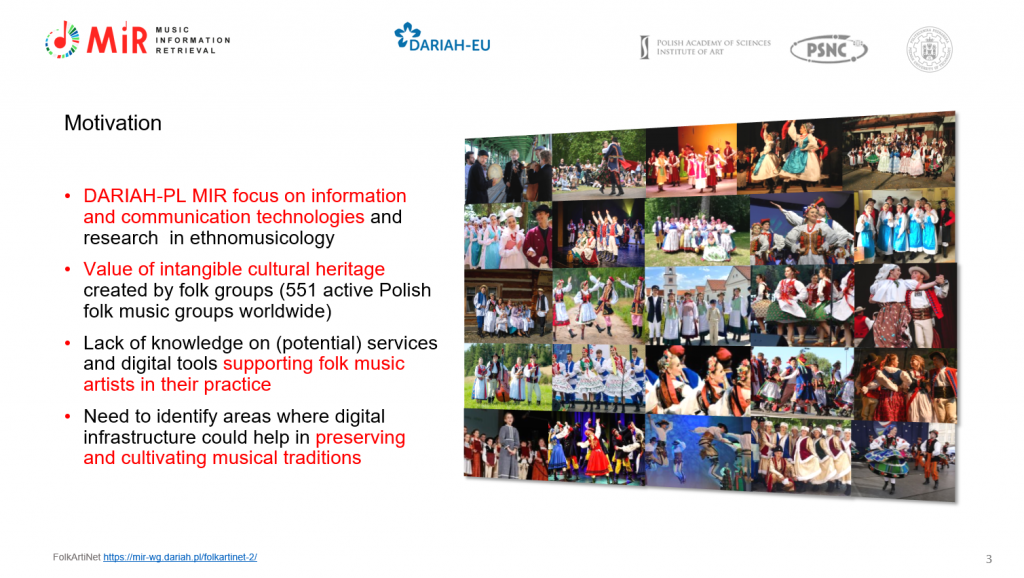
This year’s Annual Event was a hybrid conference as was our presentation. Tomek Parkoła presented the project live with the rest of our crew participating in the event on-line.
Each of the presented projects was allotted a short 10 minute slot, so we were able to provide only general information about FolkArtiNet and to encourage all interested parties to visit our website and access the project’s results.
The interviews have been conducted, the surveys completed, and now it is time for the analysis and summary. Are the results surprising? Some were as expected, some may be surprising. Everyone should evaluate them from their own perspective. Soon we will publish the final report.
The last task we planned for the FolkArtiNet project was a remote workshop which we organized on October 28. This event allowed us to present our observations and conclusions to the representatives of the groups participating in the data collection process and ask them for their comments and opinions.
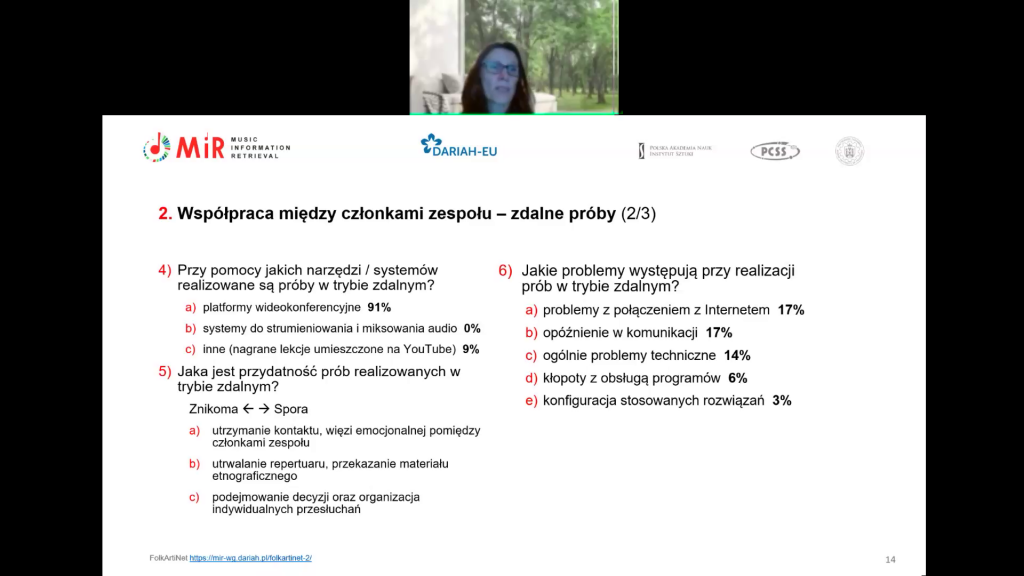
“The important thing is that the ensembles haven’t focused on that so far. Whether choreographers or musicians, i.e. people who don’t have the competences of IT specialists or sound directors or cameramen, the ensembles will try to manage as well as they can so that the dance program they prepare can be made available somewhere in the Internet or streamed. That’s something we’re just going to learn and new competencies are needed for that.”
During the workshop we also presented solutions addressing the needs identified by the project:
The online survey is one of three methods we have planned for collecting information about the infrastructural needs of the folk music groups. It includes a series of questions about different areas of artistic activity, such as working on repertoire, collaboration among group members, storage and sharing of data, and organization of artistic events.

We asked a few dozen groups operating in Poland and abroad to fill in the questionnaire. They were selected for their representative character and their important contribution to the preservation of local traditions. More than 30 groups responded to our invitation and we are grateful for their time. In this group predominated song and dance ensembles. The next most numerous groups were folk groups and regional ensembles.
A summary of the collected data will be presented during the workshop, which is the third stage of the project. It will also be an opportunity to share experiences and discuss conclusions with the groups that completed the survey.
May 26, 2021
In mid-May we have completed the first stage of collecting data on the activities and technological needs of folk music groups. The bands who gave us interviews were joined by representatives of two more groups, Janusz Prusinowski Kompania and the Folk Song and Dance Ensemble “Tatry”.
Janusz Prusinowski Kompania is a group playing contemporary music inspired by folk art. This probably results in a different approach to making recordings of performances available, a different philosophy of functioning than the one we have encountered so far. As Mr. Janusz Prusinowski said “We got this music. ….We got it and we share it on the same basis. … I do not lose because of it. I gain something by it, I gain something on a different level”.
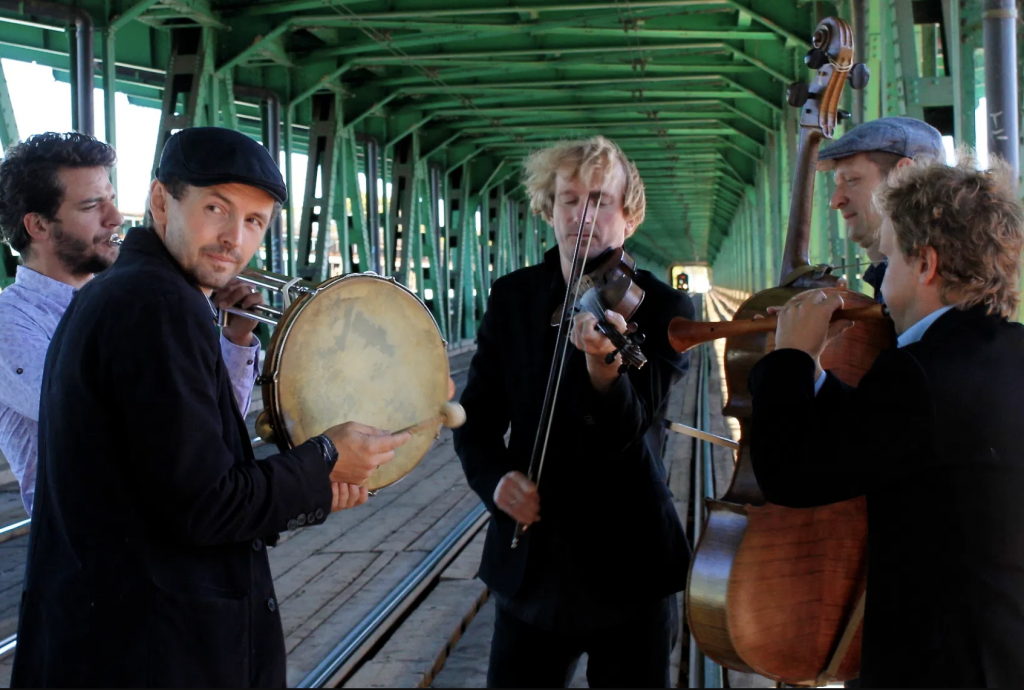 |
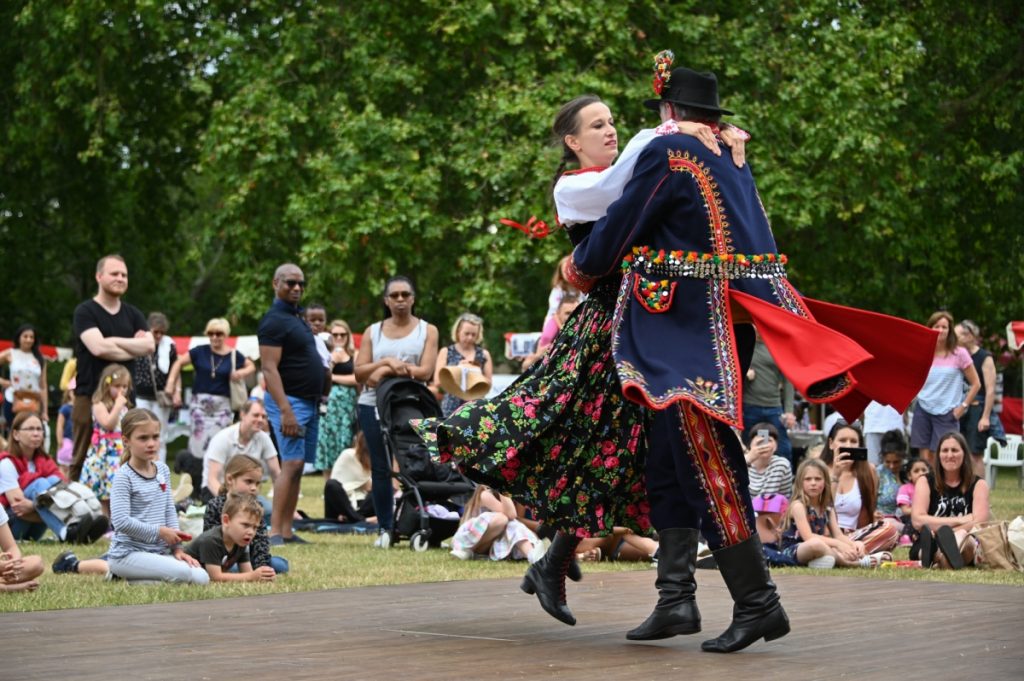
|
| Janusz Prusinowski Kompania | Folk Song and Dance Ensemble “Tatry” |
“Tatry”, on the other hand, is a Polish ensemble operating at the Polish Social and Cultural Centre in London. The needs of Polish ensembles established abroad are different because of where they function. From a conversation with Mr. Leszek Bojanowski, the manager of the band, it turned out that an important issue was, for example, the possibility of obtaining recordings of music for the band’s dance performances. Thus, an interesting option seems to be establishing cooperation with folk music ensembles operating in Poland and organizing joint performances with the remote participation of musicians from Poland.
April 20, 2021
Interviews with folk music groups representatives are a valuable source of information about their use of digital technologies. To begin with, we have contacted several groups characterized by particular attention to the conformity of their work with the folk tradition.
The first interview with the Folk Dance Group “Poligrodzianie” established at Poznan University of Technology, and more specifically with Marzenna Biegała-Howorska, the groups’s artistic director, choreographer and manager, and Michał Howorski, allowed us not only to collect data on the groups’s activities and the digital tools they use, but also to verify and supplement the list of questions that is the basis of the data collection process. An interesting issue turned out to be the very identification of the types of folk music ensembles, so that everyone could precisely indicate the appropriate category.
Two more interviews were conducted with Maciej Sierpiński, the manager and choreographer of the Szamotuły Folk Group, and Jan Brodka, the manager of the Song and Dance Group Ziemia Żywiecka and Krystyna Marcinkowska-Kwaśniewska, the group’s choreographer.
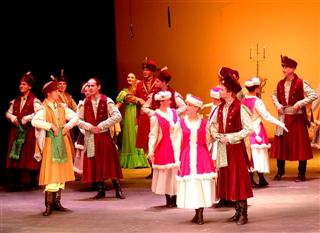 |
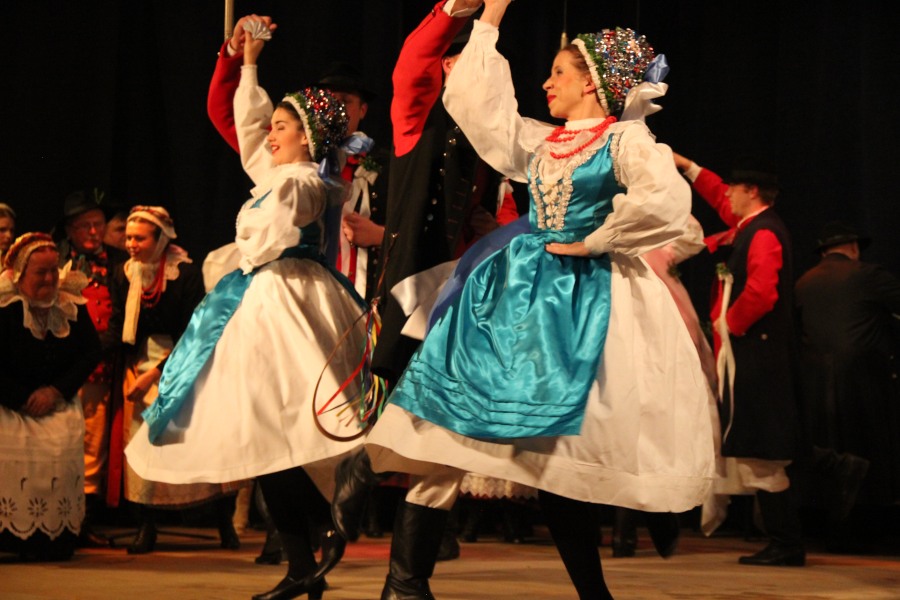 |
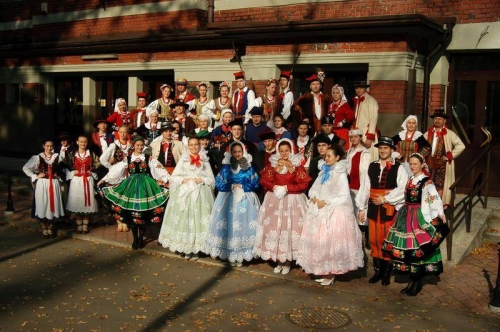 |
| Poligrodzianie | Szamotuły | Ziemia Żywiecka |
Representatives of all three groups unanimously stressed importance of authenticity of the presented regional dances and songs and the related usefulness of online access to source materials, provided they are authorized: “If there are authorized resources, which will be, so to speak, exemplary for the given region, it will certainly be an amazing treasury of knowledge, which, I believe, in the future, young instructors, young people who will want to cultivate folk traditions, will be able to use”. – stated Maciej Sierpiński.
All interviews were recorded and their transcripts will form the basis for further analysis.
December 1, 2020
We are pleased to announce that the project has started on December 1, 2020. In the first phase we are organizing interviews with the selected folk music groups and preparing a survey that will allow us to collect information on technological needs of folk music artists. Please contact us if you are interested in sharing you experience in using various technological solutions in your artistic activities
Stay tuned for more news and progress reports.